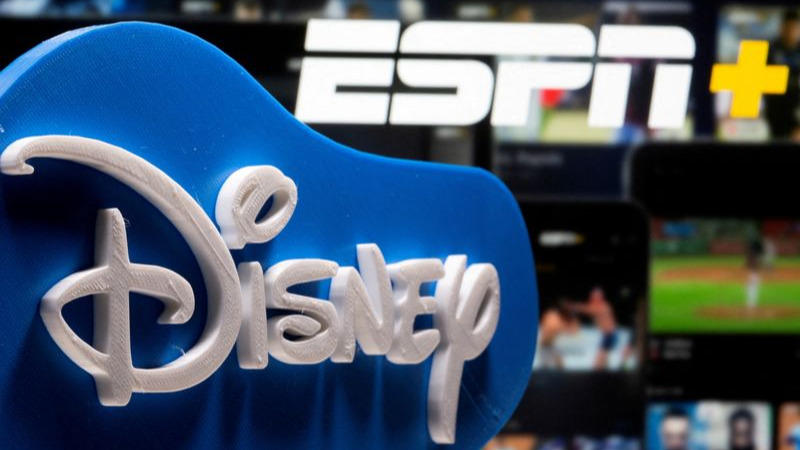Published 05:38 IST, September 5th 2024
Disney vs DirecTV: The future of TV bundling in question
The current standoff between DirecTV and Disney has resulted in 11 million DirecTV subscribers losing access to ESPN.

Disney vs DirecTV: What started as a routine negotiation over fees between satellite TV provider DirecTV and Walt Disney is evolving into a debate over the future of TV bundling, according to a Reuters report.
The current standoff between DirecTV and Disney has resulted in 11 million DirecTV subscribers losing access to ESPN. This disruption comes at a particularly inconvenient time, coinciding with the US Open tennis tournament and just before a highly anticipated "Monday Night Football" game featuring the New York Jets and the San Francisco 49ers.
New sports streaming dispute
The conflict is also set against the backdrop of a competing initiative by major media companies, Disney, Fox, and Warner Bros. Discovery to launch a new streaming venture focused on sports, named Venu Sports.
Scheduled to launch in August, this service aims to combine extensive live sports coverage from these media giants. However, the launch has been temporarily halted due to a court injunction following a lawsuit from sports streaming competitor FuboTV, which alleges anticompetitive practices.
DirecTV CFO Ray Carpenter described the current dispute as more than just a disagreement over rates. “This is not your typical negotiation,” Carpenter said. “It’s about redefining the model to ensure the industry’s long-term viability.”
DirecTV seeks package changes
In its bid to adapt to shifting consumer preferences in the streaming era, DirecTV has sought a new licencing agreement with Disney. The company is pushing for the option to offer smaller, more affordable packages, including tiers that exclude ESPN for those who don’t watch sports.
Disney, however, has responded by accusing DirecTV of misrepresenting the negotiations. In a statement, Disney executives Dana Walden, Alan Bergman, and Jimmy Pitaro stressed their aim to balance the needs of DirecTV with the value of Disney’s premium content and the significant investment involved in creating it.
According to DirecTV’s Chief Content Officer Rob Thun, the disagreement centres not on pricing but on the terms for offering more streamlined bundles of programming.
Historically, the TV industry has relied on the practice of “bundling,” where distributors are required to carry less popular channels like Freeform in exchange for access to high-demand content such as ESPN. This strategy has helped sustain the TV industry as a whole, even as cable and satellite TV subscribers decline.
However, with viewers increasingly shifting to streaming, the sports sector is also moving online. Major events like the Olympics and key professional sports leagues are now available through streaming platforms.
Traditional TV at risk
The potential success of Venu could spell trouble for traditional TV bundles, according to industry analyst Craig Moffett of MoffettNathanson. The new service could potentially attract up to two-thirds of its subscribers from cable and satellite TV, further accelerating the decline of traditional pay TV.
Charter Communications, the largest pay TV provider in the US, recently negotiated a more streamlined programming package with Disney, gaining the rights to offer Disney+, Hulu, and ESPN+ to its Spectrum TV customers.
In contrast, DirecTV remains focused solely on delivering video content to homes. “We need a solution that ensures the long-term viability of our video services,” Carpenter concluded. “We are committed to finding that solution.”
(With Reuters Inputs)
Updated 05:38 IST, September 5th 2024